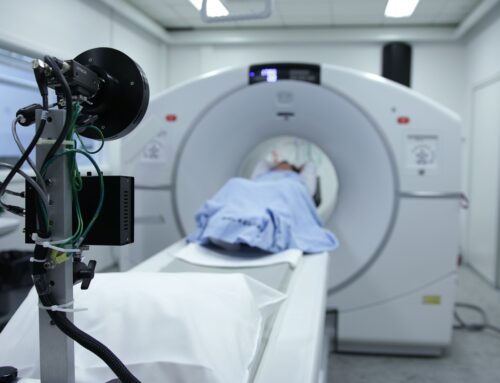Being treated for a medical condition is stressful enough, without having to worry about suffering harm or further injury. Although the majority of physicians and healthcare providers are excellent, mistakes can happen. In those instances, you may find yourself wondering if you should file a medical malpractice lawsuit.
What is Medical Malpractice?
When a healthcare provider makes a mistake which harms the patient, it may result in a legitimate claim. In Florida, medical malpractice occurs when a healthcare professional is negligent, violating his or her standard of patient care.
According to Florida Statute §766.102, “the prevailing professional standard of care for a given health care provider shall be that level of care, skill, and treatment which, in light of all relevant surrounding circumstances, is recognized as acceptable and appropriate by reasonably prudent similar health care providers.”

What are the Most Common Medical Malpractice Claims?
1. Misdiagnosis or delayed diagnosis: Medical malpractice may occur when a doctor misdiagnoses a condition or fails to diagnose a serious disease in a timely manner. This may result in the patient missing appropriate treatment options which may prevent serious harm, additional complications, or even death.
2. Surgical errors: The most common types of surgical errors include the use of unsanitary surgical tools, surgery on the wrong part of the body, surgery performed on the wrong patient, organ damage and nerve damage.
3. Negligent Prenatal Care: Preeclampsia, gestational diabetes, and other birth defects can be detected during pregnancy. If not identified, the baby or the mother may suffer unnecessary harm and conditions may go untreated.
4. Negligence During Childbirth: Common medical errors during childbirth may include a failure to respond to signs of fetal distress, a failure to order a cesarean section when warranted, or harm caused by forceps or a vacuum extractor.
5. Anesthesia errors: When a patient is sedated for surgery, they may suffer an adverse reaction. The anesthesiologist on duty may be negligent, as they are expected to study the patient’s medical history and monitor the patient’s vital signs during the procedure.
6. Medication errors: The most common medication errors include prescribing the wrong dosage, prescribing the wrong medicine, or prescribing medication for the wrong diagnosis. In addition to physicians, pharmacists may be liable for injuries if they fail to alert patients of possible adverse side effects or discuss how the new medication will interact with current medication.
Not every mistake or medical issue constitutes medical malpractice. If you have a question regarding a medical issue you encountered, call the medical malpractice attorneys at Probinsky & Cole.







